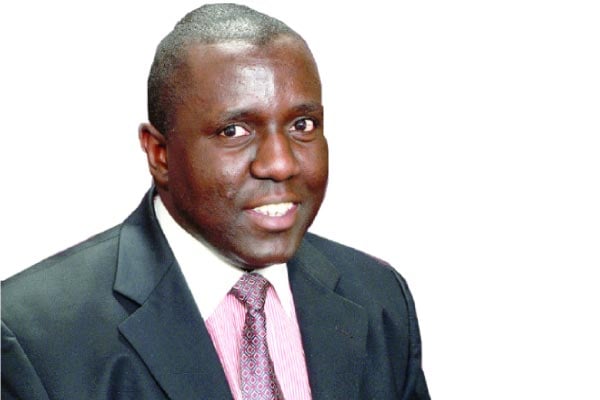
Author: Karoli Ssemogerere. PHOTO/FILE
Government has published new taxation proposals to finance the 2024/2025 budget. Highlights include a proposed land transaction tax of 5 percent, an increase in stamp duty levied on financial security documents. Uganda’s fiscal picture is mixed. Uganda is proposing to collect Shs31 trillion out of the proposed Shs58 trillion budget.
This is more than a 10 percent jump from the Shs51.8 trillion budget in 2023/2024. Notably the budget expansion is twice the reported rate of annual economic growth. In 2023/2024, a stronger economy riding on higher coffee prices reported 5.5 percent economic growth.
READ: Resolving tax disputes
There are a number of warning signals in the broader economy. Declining levels of profitability. First is squeeze in Liquidity. As the Central Bank tries to stamp out inflation by increasing the Central Bank rate, now up to 10.25 percent, banks have fewer customers to lend to. Three out of 29 licensed banks failed to meet new capitalisation requirements for commercial banking and were downgraded to credit institutions. Many of the mid-level banks that cater to unique segments of the economy similarly reported poor performance on account of rising levels of non-performing loans.
Everyone remembers 2023 as the year, debt collectors rushed to the courts to collect. Domestic businessmen have been hit by both high cost of capital on account of higher borrowing costs, a depreciating Uganda shilling and high taxes. Uganda’s taxation strategy that couples both high direct taxes and high indirect taxes is milking the child more than the mother’s breasts can produce. A second major indicator of poor performance has been the high number of business failures and exits in the economy.
Major companies/operators with distinct brands that have left in recent years include Uchumi, Nakumatt, Tuskys, British Airways, Barclays, Vodacom, Africell. Others have retrenched significantly, New Vision, the state publisher on account of losses, recently combined two weekend editions into one; Kobil the fuel operator sitting on prime real estate, Standard Chartered Bank down to a single branch.
The courts are to the brim with claims; the Equity Bank-Simbamanyo dispute ended with the death of the principal borrower, Simba Group of Companies only got saved by a government bailout, Biyinzika, the locally branded chicken mega farm in liquidation all due to the same unfavourable regulatory, tax and trade environment.
In May, Pearl Hotel will go under the auctioneer’s hammer. During the Covid 19 pandemic and its after effects still being felt in the economy. Some survivors like Java House are still alive, forced to adjust their offerings to include luwombo to compete with CJs. Other notable departures like Game were more pointed to the lack of profitability in the market. Many employers are struggling to meet payroll on time or in full or at all. The surge in new claims at the Industrial Court reflects this reality. High taxes also influence other unproductive behaviour. The rise in contraband on highly taxed products like liquor encourages bootlegging merchandise. Low productivity has kept prices high. Underpaid workers are offering less labour for their time.
It is not uncommon to find empty shelves and shortage of domestic goods, sugar, beer, soap. KACITA the Kampala traders’ association has been grumbling about high rents. Outside Kampala, many urban centres are operating like shanty towns. Notable among these, Jinja, Kabale, Iganga are shadows of themselves. Once Uganda’s cleanest town, Mbale, upgraded to city status, visitors are welcomed by heaps of trash. The state, perhaps shocked by poverty nationwide, always offers something in recompense. PAPSA, Entandikwa, Emyooga and Parish Development Model etc. These mask the unemployment problem, which is getting worse than better.
Government has to find out why employers are trimming payrolls or can’t sustain existing payroll. The quandary of taxes is to blame.
Lastly, the government must urgently reform the tax regime and then tackle the next big elephant in the room; renegotiating its huge debt; domestic and external. Debt and interest payments are eating more into shrinking domestic resources.
A first fiscal reform would mandate sharing of new revenues with local governments that bear the burden of service delivery.
Second would be streamlining income tax bands to an easy-to-understand formula that will encourage compliance.
Third would be rethinking international trade taxes and lastly whether VAT as an additional tax has served its originally intended purpose. If you import a car, you pay import duty, and then VAT on the gross invoice. The traders are up in arms. Somebody, hear or say; double taxation?
Mr Ssemogerere is an Attorney-At-Law and an Advocate. [email protected]





